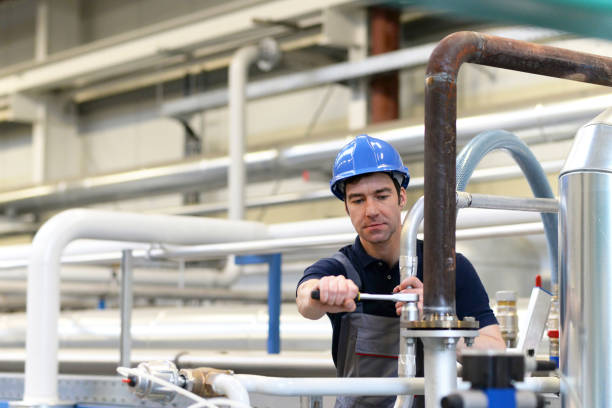Introduction
Engineers assert that pipelines are necessary for industries to run efficiently. In many different industries, such as the oil, gas, electrical, and chemical sectors, pipelines are crucial to transportation and process operations. A piping course provides aspiring engineers with the best foundation for gaining practical knowledge and experience. Along with increasing technical proficiency, it also offers one the confidence to tackle engineering difficulties in the actual world.
Understanding the Role of Piping in Engineering
Piping is more than just joining pipes and fittings. It includes design, layout, material selection, stress analysis, and compliance with international norms and codes. Pupils who enroll in a pipe course are exposed to these fundamental components and are certain to understand the importance of precision at all engineering levels. This knowledge is necessary to create systems that are safe, reliable, and efficient.
Gaining Experience Through Practical Application
One of the key benefits of enrolling in a piping school is the opportunity to experience practical training. Students gain knowledge of interpreting and creating 3D models, isometrics, and piping drawings using industry-standard software. They also learn how to understand safety concerns, pressure-temperature ratings, and fluid physics fundamentals. This combination of theory and practice ensures they are ready for the workforce immediately.
Boosting Self-Belief via Industry Guidelines
The engineering industry is governed by stringent international standards such as ASME, ANSI, and ISO. Students who take a piping course learn how to plan and carry out projects in compliance with these worldwide standards. By employing these codes, young engineers build their reputation and confidence, making them valuable assets to companies worldwide.
Employment Opportunities After Completing a Piping Course
The demand for skilled piping engineers is constantly rising, especially in sectors like energy, petrochemicals, infrastructure, and oil and gas. Numerous careers, including construction supervisor, stress analyzer, project engineer, and piping design engineer, can be attained with a pipe degree. As industries grow internationally, professionals with specialized knowledge have countless opportunities.
Connecting Theory and Industry
Even though engineering graduates have excellent academic understanding, they usually lack industry-specific skills. A piping school helps to bridge this gap by providing industry-specific training. Students are more prepared to handle challenges on the job site and meet project deadlines as a result. In a nutshell, it transforms academic knowledge into professional expertise.
Motives for Every Engineer to Enroll in a Piping Course
Regardless of the engineer’s specialty—mechanical, civil, or chemical—a pipe engineering degree is very advantageous. It strengthens transdisciplinary knowledge, develops technical skills, and increases employability. More importantly, it cultivates the problem-solving mindset that forms the basis of superior engineering.
To sum up
Engineering greatness takes time to develop and requires solid foundations of knowledge, skills, and industry exposure. A pipe education provides all these requirements, preparing aspiring engineers for successful careers in a competitive field. For those who wish to make a name for themselves in industrial engineering, enrolling in a pipe course is a step toward a promising and exciting future.
